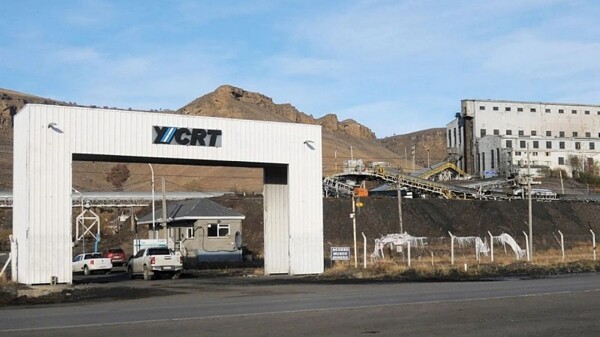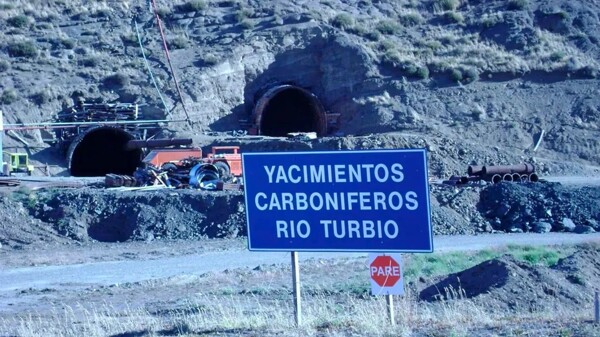
The commercialization of biodiesel in Argentina has recorded a significant decrease in recent years, both in the domestic market and in exports. Part of this is due to the reduction of the blend rate with biodiesel from 10% to 5% through a law. The Rosario Stock Exchange (BCR) reported that domestic demand fell by 43% last year compared to seven years ago, while exports could decline by 81% by 2024 compared to the maximum levels of that year.
The drop in exports has also been affected by the closure of the U.S. market to Argentine biodiesel since 2018. Despite a 40% increase in Argentina's biodiesel production in 2024 compared to the previous year, the idle capacity of the biofuels industry in the country has significantly increased. Argentina's share in global biodiesel production has decreased significantly from 7.8% in 2017 to 1.8% in 2024.
In contrast, countries like Indonesia and Brazil have considerably increased their biodiesel production in recent years. Meanwhile, China, the United States, and the European Union have also experienced increases in their biofuels production levels. According to Oil World, European biodiesel production has increased by 10% in the last seven years.
Argentina, which is one of the largest exporters of biodiesel, aims to gradually increase the biodiesel blend rate in diesel fuel, with a view to reaching 20% by 2030. These changes are expected to boost production capacity and reduce idleness in the biofuels industry in the country.
The new Regulatory Framework for Biofuels implemented in Argentina in 2021 has generated certain restrictions in the sector, but the RenovaBio program is expected to incentivize environmental efficiency and promote investments in renewable energies. The gradual increase of the biodiesel blend rate in diesel fuel presents an opportunity to boost the biodiesel industry in the country and contribute to the energy transition.














